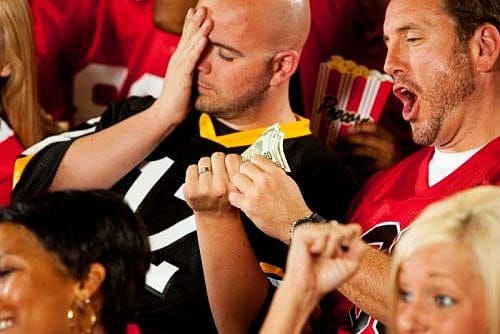Gambling on Sports Coming To Massachusetts?

Legal sports betting could be coming to Massachusetts, now that the U.S. Supreme Court has struck down a federal law banning states from allowing it.
The federal Supreme Court issued a ruling Monday morning overturning the federal Professional and Amateur Sports Protection Act of 1992 on a 7-2 vote, upholding the state of New Jersey's desire to allow sports betting.

